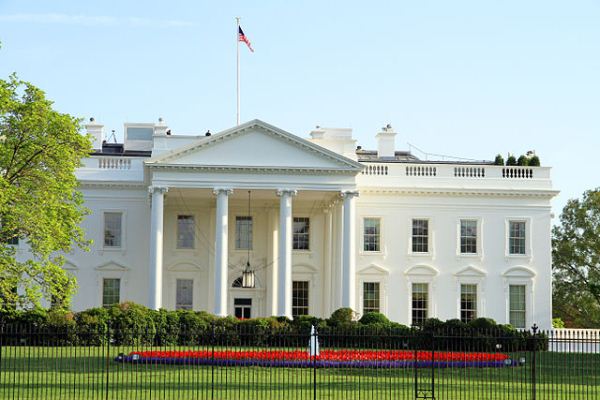U.S. President Donald Trump has signed an executive order banning the use by American firms of telecommunications equipment made my foreign companies seen to pose a national security threat, according to the U.S. Department of Commerce.
In a statement, the Commerce Department said Trump signed on May 15 the order declaring a “national emergency to secure the information and communications technology critical infrastructure supply chain.”
The executive order states that threats to the information and communications technology and services supply chain by foreign adversaries are a national emergency.
“The Executive Order prohibits transactions that involve information and communications technology or services designed, developed, manufactured, or supplied, by persons owned by, controlled by, or subject to the jurisdiction or direction of a foreign adversary whenever the Secretary of Commerce determines that a transaction would pose a threat to national security, as articulated in the Executive Order,” said the Department of Commerce statement.
“President Trump is acting once again to protect U.S. national security. This Executive Order addresses the threat posed by foreign adversaries to the nation’s information and communications technology and services supply chain,” said Secretary of Commerce Wilbur Ross. “Under President Trump’s leadership, Americans will be able to trust that our data and infrastructure are secure.”
Although the order does not name any particular country or company, it is seen by analysts as targeting China’s telecom companies such as ZTE Corp. and Huawei Technologies Co. Ltd. Huawei, the world’s third leading smartphone maker, is believed by the U.S. administration to be making equipment that could be used by the Chinese state for spying, an allegation that Huawei has repeatedly denied.
The issuance of the executive order comes as the U.S.-China trade tensions continue to heat up, with the two economic superpowers recently engaging in tit-for-tat tariffs on billions of U.S. dollars’ worth of bilateral imports after trade negotiations fell apart last week.
Photo: Ingfbruno









